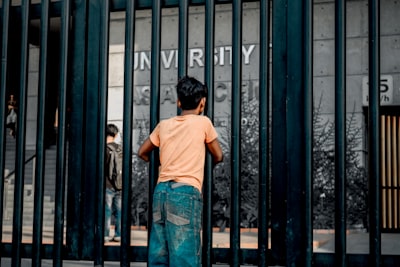Summary
A federal judge in Washington, D.C., has struck down President Trump’s executive order that suspended access to asylum for those crossing the U.S. southern border. The Trump administration issued this broad proclamation on the president’s first day in office in 2025—effectively banning all asylum claims at the border. In his 128-page ruling, Judge Randolph D. Moss stated that the president does not have the authority to override or replace U.S. asylum law as enacted by Congress. The ruling, effective in two weeks, is expected to be appealed.
Analysis
The judge’s decision reaffirms the constitutional separation of powers, underscoring that immigration law, particularly concerning asylum, is within the purview of Congress—not the executive branch. This ruling pushes back against the Trump administration’s efforts to concentrate immigration authority in the presidency and reminds us that even far-reaching executive actions must be grounded in existing law. It also highlights the legal limits of framing border migration as a national emergency or an “invasion”—a characterization cited repeatedly by Trump and his allies to justify restrictive policies.
From a political perspective, this case is a flashpoint in the ongoing battle over U.S. immigration policy: presidents from both parties have tried to tighten the asylum process, but this order went further than anything attempted before. The involvement of advocacy organizations (ACLU, Texas Civil Rights Project, National Immigrant Justice Center) demonstrates organized resistance against what many see as an erosion of humanitarian protections. The administration’s response—labeling the judge’s decision as ideologically motivated—signals continued polarization, with immigration and judicial authority at the heart of national debate.
Discussion
This ruling matters not only for those directly affected—migrants seeking refuge at the border—but also for how the U.S. defines itself as a nation of laws and of immigrants. The action and the court’s response encapsulate broader tensions: the struggle between executive power and legislative governance, the ethical obligations of a wealthy democracy, and the framing of human movement in terms of threat versus compassion.
The question of who gets to decide the fate of asylum seekers isn’t just about process; it’s about the soul of American policy. Critics of Trump’s ban see it as an abandonment of commitments to protect the persecuted. Supporters argue it is necessary for security and order. Neither argument is new—but the scale and directness of Trump’s action, and now the sharp rebuke from the judiciary, bring into relief just how contested these issues remain.
Looking forward, this ruling may set precedent limiting the ability of future presidents to unilaterally rewrite immigration rules. Yet, the upcoming appeal and potential legislative gridlock mean uncertainty remains for those stuck waiting for clarity. Ultimately, the episode amplifies an ongoing dilemma: can the U.S. balance humanitarian ideals with security concerns without veering into legal overreach or moral retreat?

Comments
No comments yet. Be the first to comment!